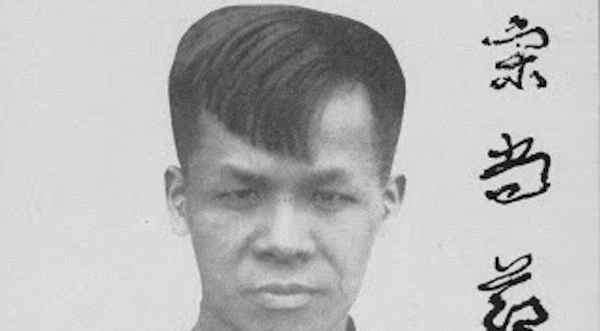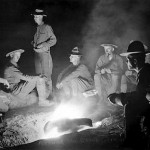In reading a recent post on John Wesley’s failed marriage, I was reminded of a similar story from my own field: the church in China. John Sung was an evangelist who travelled throughout China during the Republican Era. Like Wesley, he had a troubled marriage. Despite marrying and having a child, Sung spent little time at home. His sense of mission and purpose were so strong that care for his family figured very little into his ministry plans. A telling example occurred when Sung, his wife, and his daughter were travelling by ferry. The ferry sank and, instead of making sure his family was safe, Sung prioritized rescuing his journals over his family. Though, to be fair, he did write in that same journal that he was happy to see that his wife and daughter had survived as well.
These cases reflect some of the odd relationship that people in the church often have with the concept of calling. We often can over-spiritualize it, defining it as a single God-ordained path or the type of thing that comes to the missionary or pastor but not to the lay member. Or we under-spiritualize it, thinking of it as more more and no less than a “career.” Both of these approaches miss two crucial points about calling.
I like to describe calling (in my other life as a youth pastor) as the meeting point of opportunity and obligation—what we are capable of doing and what we are responsible for. I mean this to apply to more “everyday” forms of calling— the way that God leads and guides individuals into life choices and experiences—and not the more “Damascus Road” forms of calling that are less difficult to understand. But for any form of calling, both opportunity ans obligation must be taken into account and both can be misunderstood.
Opportunity is the easier of the two to misunderstand. That one can take a lucrative occupation doesn’t mean that one should. A powerful public presence doesn’t qualify someone for public office any more than it does for the pulpit. We often faced this problem when I worked in overseas ministry: we had amazingly gifted evangelists, but that was it. People with technical expertise, financial acumen, regional specializations, administrative gifts, etc. were far harder to find. They are often off doing something that pays more.
The case of Wesley and John Sung illustrate, however, exactly what is involved in responsibility. Whatever else you may think you are called to, if you have a spouse and children, you are called to your family. The example of Sung rescuing his journals over his family doesn’t exibit some commitment to a higher or more important calling; it shows tremendous self-importance that borders on wickedness.
Responsibility gets at the heart of calling and of something the church always needs to remember. Regardless of what calling we as individuals or as communities may have, we are always called by God to people. Whether that is family, a congregation, a local community, a nation, or a people, that fact doesn’t change. For even in the good that Wesley and Sung did—and it was much—the good was a product of God’s provision. The ill they did their families was their own.
[Image of John Sung From Wikipedia]













